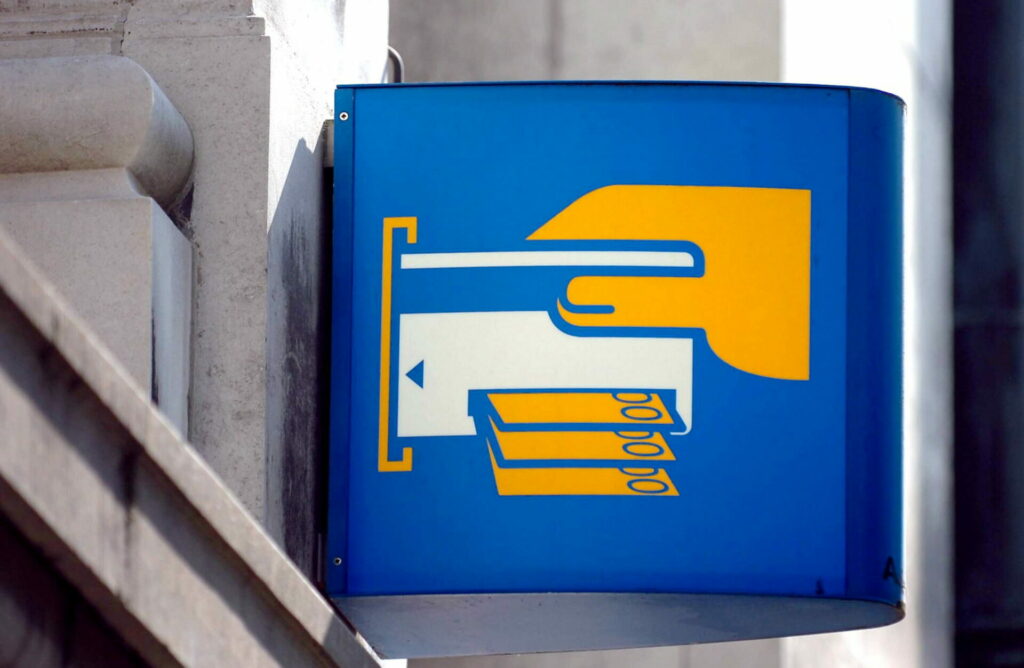My understanding of money laundering is the baddies have huge truck loads of untaxed dirty cash and they need to somehow legitimize it to get it into the bank. E.g. from Breaking Bad: drug money → car wash with phony sales → bank. Once it’s in the bank, it’s on the radar.
The linked article says that withdrawing cash is a money laundering red flag. Can someone please explain why that is? AFAIK, if the money is in the bank it must already be clean (or appear so), no?
Cash is anonymous and because of it not having a verifiable origin, cash is treated as suspect. The irony of laws to prevent money laundering is that they basically only frustrates normal people, while criminals have access to lawyers and bankers that will help them successfully launder money.
Not sure it’s accurate to say cash is anonymous considering the practical matter of having to be present in person to spend it and collect a receipt if needed. Lack of traceability is certainly a factor, which is both a feature and a bug depending on whether the tracing is warranted.
But indeed I agree that the non-criminal masses are suffering collateral damage in this hunt for relatively few criminals who can be caught in other ways.
Money laundering isn’t really for getting money into the bank. It’s purpose is to legitimize the money with a paper trail so it doesn’t look too suspicious when you are spending large amounts on things where the source of the money may be scrutinized.
“Anti-Money laundering” is a carte blanche for: 4th amendment does not apply; all decent privacy safeguards are null & void; even your own criminal defense attorney is /required/ to report suspicions of money laundering as an exception to attorney-client privilege (unlike crimes as serious as rape, for example). Non-money laundering-related activity is apparently getting shielded under this increasingly broad umbrella of no privacy protections. And IMO no one is paying attention to this.
Prediction: they’ll start putting arbitrary drug offenses under “AML” law just to keep the 4th amendment out of their way.
picks monero as that one digital payment method

Any movement of 10k or more (deposit or withdrawal) has to be reported. You’re basically just put on a list for them to verify. Article is wrong in it being withdrawal only.
https://www.fincen.gov/sites/default/files/shared/prevention_guide.pdf
Fincen is a US agency w/international reach, IIUC. The linked article is about Belgium, where €3k is a magic number for a lot of things:
Anyway, my question is still unanswered. I’m not asking what the limits are. I’m asking why withdrawals specifically have AML problems. My speculation is: they don’t… that a money launderer’s work is done on the deposit side of it & withdrawals have no relevance. It looks like AML is a cover for something else. E.g. they’re trying to prevent a run on the bank and are falsely using the “AML” buzzword that magically gets everyone’s uncritical agreement.
It’s not just for money laundering, they also do this to keep an eye on illegal activity, and things like financing terrorism or making payments to sanctioned countries.
Sounds plausible. Though I’m questioning your use of the word “just”, which implies money laundering is at all in play here. It’s a bit annoying how much non-AML activity is getting shoved under the AML label/cause for action. Makes me question whether I even understand what ML is. It’s as if AML can be used as a blank check for just about any kind of privacy intrusion that impacts non-criminals.
I believe the express purpose of these regulations at least in America is to surveil the public’s spending activity. I don’t believe it is a secret. They put those rules in place ostensibly to see who is committing crimes or financing terrorism, etc. keeping your money in a bank means submitting to that surveillance
The question if secrecy is quite interesting. Ask a banker in the US what threshold triggers reporting. You will be told that the cutoff is a secret (and I wouldn’t be surprised if the mere question in itself triggers a report). OTOH, I don’t get how it can be a secret. AFAIK, only NSA law is a secret. All other laws are theoretically publicly open.
(exceptionally, if you want to know plumbing laws in the US you must subscribe to some professional organization in order to see the laws, strangely enough).


